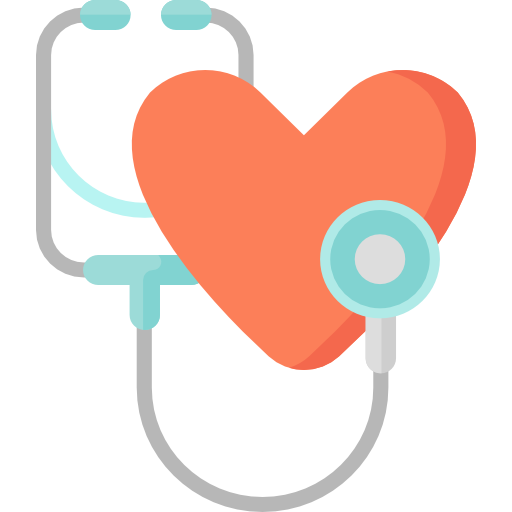A doctor can easily diagnose GERD by reviewing your symptoms and medical history. If you are experiencing heartburn more than twice per week, intense heartburn less than twice per week, or have any concerns about the severity or frequency of your symptoms, you should schedule a doctor's appointment. Diagnosing GERD rarely requires further medical testing or procedures beyond evaluating symptoms. If your symptoms do not improve with treatment or your doctor suspects you have a complication of GERD, you may need diagnostic testing.
Upper gastrointestinal (GI) endoscopy
During an upper gastrointestinal (GI) endoscopy, your doctor will insert a long flexible line with a camera attached to the end through your mouth and into your stomach. Depending on the level of sedation, you may not be awake during the procedure. Images from the camera are delivered to a screen for your doctor to see.
The doctor can look at the internal structures from your throat down into your stomach. They can see if you have any esophageal damage or other complications of GERD. They can also take tissue samples, dilate a narrow area, or treat bleeding. After an upper GI endoscopy, you can return home.
Esophageal pH monitoring
Esophageal pH monitoring measures how often stomach acid enters your esophagus and for how long it stays there. During the procedure, your doctor inserts a thin tube through your nose and into your esophagus. You will be given a small monitor, about the size of a cell phone, attached to the tube.
The monitor will continuously measure the pH of your esophagus and record the data for 24 hours. You will have a journal to document when you have acid reflux symptoms, eat, or lie down. At the end of the 24-hour period, your doctor will remove the tube and collect the equipment and journal for evaluation.
Manometry
Manometry is a procedure where your doctor threads a long, thin tube through your nose, down your esophagus, and into your stomach. The tube is sensitive to pressure and provides crucial information to your doctor about the muscles in your esophagus. Some patients feel discomfort during the tube's insertion, which lasts about a minute. After data is collected, your doctor removes the line, and you are free to go home. A manometry takes around 40 minutes to complete, and you will be asked not to eat for several hours before the procedure.
X-rays
Upper gastrointestinal (GI) tract x-ray is a non-invasive diagnostic test used to gather information about your upper GI tract. You will be asked to drink a chalky substance that creates contrast during the x-ray. This substance is called barium and is safe to drink while under the guidance of a doctor. Barium coats the inside of your throat, esophagus, stomach, and upper GI tract giving your provider a better x-ray image. The x-rays will require your stomach to be empty, so you will need to fast for several hours before your appointment.
What if your baby has GERD?
As with adults, GERD is one of the most diagnosed gastrointestinal conditions in the pediatric population. However, there are fundamental differences between how GERD presents in adults and how it presents in children. Infants have the most difference in symptoms. As infants age into toddlers and teens, symptoms present closer and closer to that of their adult counterparts.
If your infant has GERD, they may arch their back, choke, gag, vomit, or have problems with swallowing. Your infant could also wheeze or develop a frequent cough. Additionally, they may refuse to eat or exhibit poor weight gain. Some infants spit up often without discomfort or cause for concern, but an infant with GERD may exhibit irritability accompanied by regurgitation. If your infant has any of these symptoms, a pediatrician should evaluate them to rule out other potential health concerns before treating for GERD.
Most infants will not require medication for GERD. Symptoms usually clear on their own as the infant grows into toddlerhood. For most pediatric patients, conservative treatment is indicated and should be the first line of defense against your child's reflux symptoms.10 Your doctor may recommend that you:
- Feed your child in an upright position
- Avoid laying your infant down for 20 to 30 minutes after eating
- Burp your infant often
- Adjust the infant's diet, or your diet if you are breastfeeding
Medication may be necessary for infants with a severe presentation of GERD. Infants refusing to eat, have poor weight gain, or show evidence of esophagitis may need a temporary course of acid-reducing medication.






